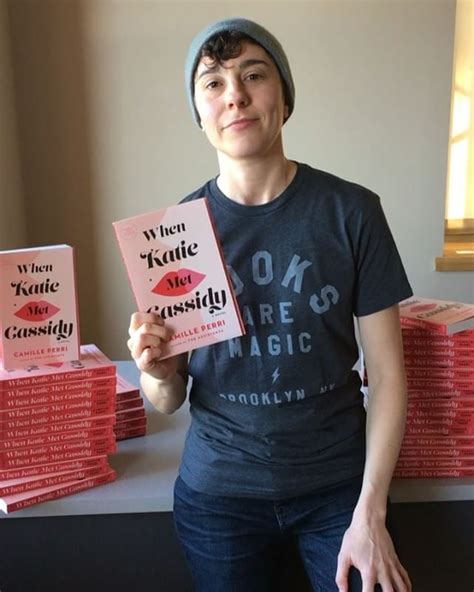A Quote by Suze Orman
The most important loan to pay is your student loan. It's more important than your mortgage, car and credit card payments. You cannot discharge student loan debt in the majority of cases.
Related Quotes
A consolidation makes sense only if you can lower your overall interest rate. Many people consolidate by taking out a home equity line loan or home equity line of credit (HELOC), refinancing a mortgage, or taking out a personal loan. They then use this cheaper debt to pay off more expensive debt, most frequently credit card loans, but also auto loans, private student loans, or other debt.
Debt is so ingrained into our culture that most Americans can't even envision a car without a payment ... a house without a mortgage ... a student without a loan ... and credit without a card. We've been sold debt with such repetition and with such fervor that most folks can't conceive of what it would be like to have NO payments.
If you have credit card debt and credit card companies continue to close down the cards, what are you going to do? What are you going to do if they raise your interest rates to 32 percent? That's five times higher than what your kid is going to pay in interest on a student loan. Get rid of your credit card debt.
The fact that you have government-guaranteed student loans has created a whole new sector in the American economy that didn't really exist before - private for-profit universities that sell junk degrees that don't help the students. They promise the students, "We'll help you get a better job. We'll arrange a loan so that you don't have to pay a penny for this education." Their pet bank gets them the government-guaranteed loan, and the student may get the junk degree, but doesn't get a job, so they don't pay the loan.
This is a derivative, if you will, of Cloward-Piven [theory]. "[Stephen] Lerner's plan is to organize a mass, coordinated 'strike' on mortgage, student loan, and local government debt payments - thus bringing the banks to the edge of insolvency and forcing them to renegotiate the terms of the loans.
It's critical to level the playing field, to make prices and risks clear up front, so when someone signs on for a student loan or a mortgage or a credit card, they know the tricks and traps hidden in the fine print. That's why the Consumer Financial Protection Bureau has been working on a new financial aid shopping sheet. A shorter, two-page credit card agreement, a simpler mortgage disclosure form. All those are aimed toward helping people understand the basic bargain.




























